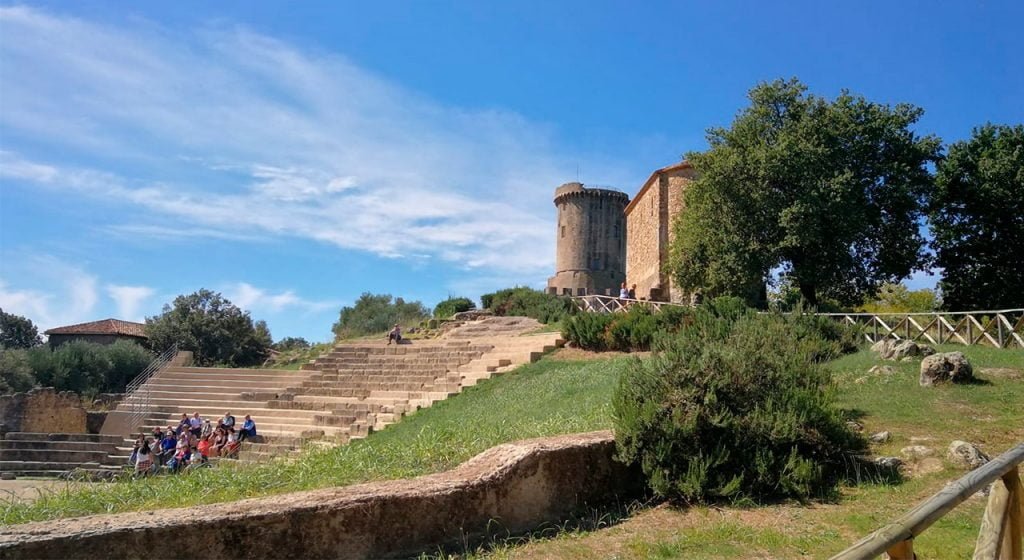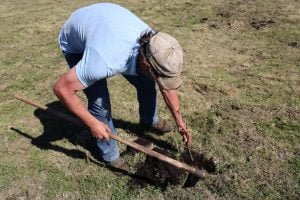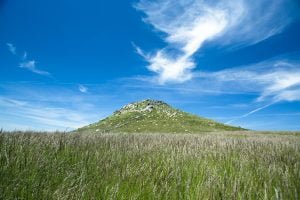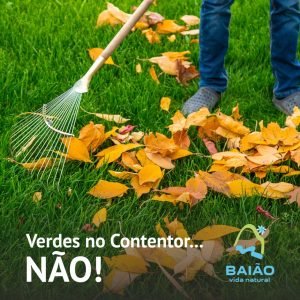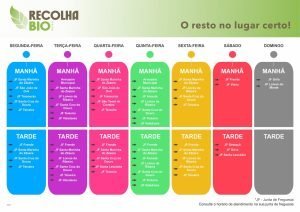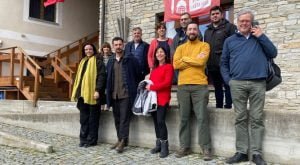The Mayor of Baião, Paulo Pereira, makes an “extremely positive” assessment of the visit carried out, within the scope of the Intermunicipal Community of Tâmega e Sousa (CIM-TS) to the Cilento Bio-Region, in southern Italy, which took place from the 19th to the 23rd of September. The trip came at the invitation of the International Network of Eco Regions, (IN.N.E.R.), the entity responsible for the certification process of Bio-Regions, following the ongoing process aimed at integrating the CIM-TS into the International Network of Bio-Regions. .
For Paulo Pereira, these were “very interesting workdays and exchange of experiences that make us all richer and more enlightened with regard to good practices in favor of sustainability and improvement of the living conditions of the populations, in harmony with the planet”. The mayor of Baião also underlines that, in this experience, “it was possible for the mayors of the territories interested in the development of a similar project, to carry out field work to understand the challenge and identify common points that allow the identification and development of partnerships ”.
The days of the presence of the Portuguese representation in the Italian Bio-Region were filled with field visits, working meetings around local experiences, or in sharing knowledge, also making our reality known.
On Tuesday, September 20, a visit was made to the agricultural company La Petrosa. It is a bet on Agrotourism, where guests can enjoy a wide range of options and emotions. La Petrosa is, at the same time, a hotel, a natural park, a farm, a castle, an old barn, a camping site, a restaurant with traditional food, produced on site, among other valences.
At the end of the afternoon, a Meeting of Bio-Regions took place, with the participation of institutions, international organizations (IN.N.E.R./GAOD) and local stakeholders. Another opportunity for the Portuguese delegation to share experiences and gather ideas and lessons on options, practices and results.
Cultivation methods that regenerate the useful life of the soil
Wednesday, September 21, was filled with a visit to the Nuovo Cilento agricultural cooperative in San Mauro Cilento, accompanied by the Mayor of San Mauro Cilento. This cooperative, founded in 1976, is dedicated, among other activities, to the production of extra virgin olive oil, with a high concentration of antioxidants and uses cultivation methods that regenerate the useful life of the soil. Lunch was served in the restaurant integrated in the Cooperative, which proposes recipes from the ancient cuisine of Cilento, prepared with products from the local biodiversity and the Mediterranean diet. The Cooperative integrates a “Gastronomic Research Laboratory”, called “Al Frantoio”.
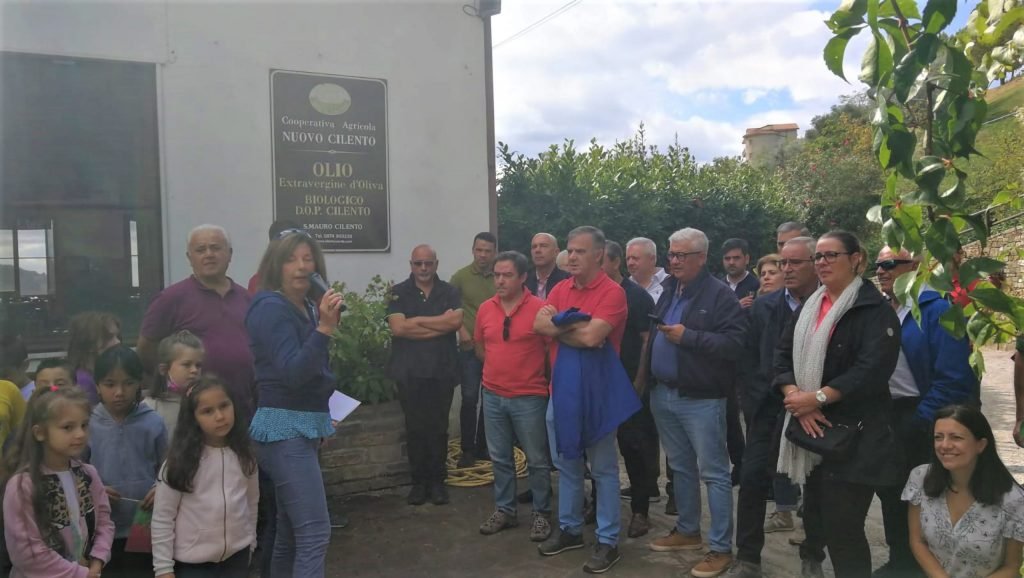
A lifestyle inspired by healthy eating
In the afternoon, there was a visit to the Living Museum of the Mediterranean Diet in Pioppi, where the process that led to the award of the status of Intangible Heritage of Humanity began. The Mediterranean Diet Ecomuseum is made up of five exhibition rooms, with descriptive panels and videos, including one dedicated to the senses, with facilities for taste, touch and smell and a space for homemade pasta, with video tutorials by housewives from Cilento. In addition to other attractions, it promotes educational workshops, cooking classes and guided tours of paths, vegetable gardens and mills in the region, encouraging a lifestyle inspired by healthy eating, respect for the environment and local culture.
On Thursday, September 22, the visit focused on the Elea–Velia Archaeological Park, a World Heritage Site, which features the ancient ruins of Magna Graecia, dating back to the 6th century BC. In this Park, the Portuguese delegation was in contact with the person responsible for the promotion, in an exchange of ideas and procedures related to good practices, in the context of safeguarding and promoting cultural heritage. In this case, we establish a parallel with the Municipality of Baião and with the work that we have been developing in the sense of studying and valuing the Heritage, of which the Serra da Aboboreira Archaeological Field is an example, in a partnership with the neighboring municipalities of Amarante and Marco de Canaveses, which will culminate in the classification as a Regional Protected Area.
At the end of Thursday morning, the Portuguese delegation went to visit the agrotourism company Anna dei Sapori. This unit is committed to the organic production of white figs, an indigenous product from Cilento, which is also dried. It is a reference company, an example of a circular economy, it is equipped with tourist accommodation spaces and a restaurant that serves meals made with organic products.
Located in the Cilento National Park, Vallo di Diano and Alburni – Campania Region, Italy, the Cilento Bio-Region includes 41 member municipalities, plus 54 municipalities, also located in the park area. These, despite not being associated, regularly receive the services offered by the Bio-Region. In addition to the 3,196 square kilometer area of the Bio-Region, there are also 1,032 organic farms, 26,932 hectares of Total Organic Agriculture Area, 13,749 hectares of Used Organic Agriculture and 3 archaeological and cultural sites.
The Cilento Bio-Region is an example of good practices and presents a set of consolidated projects with positive results. The delegation of the Intermunicipal Community of Tâmega e Sousa made it possible to strengthen ties and establish partnerships for the future, with other meetings already being scheduled, both in our Region and in Italy.


